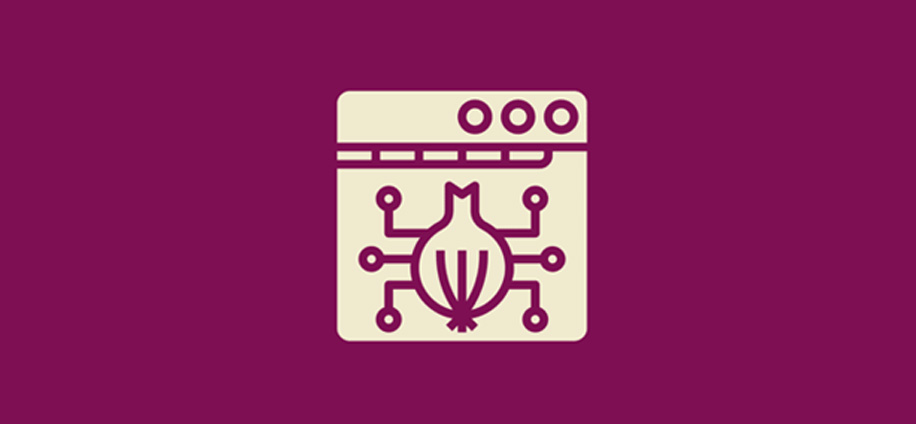
For years, the dark web was dominated by English-speaking platforms—markets, forums, and leak sites built with Western users in mind. But that landscape is changing. A wave of regionally focused onion markets has emerged, tailored to the language, culture, and criminal economy of non-English-speaking countries.
These regional markets are not side players—they're primary hubs for narcotics, weapons, political dissent, and financial fraud in their own countries. With unique rules, interfaces, and vendor communities, they represent the decentralization and globalization of the hidden web.
Regional darknets are localized Tor-based marketplaces and forums designed specifically for users in certain countries or linguistic groups.
These platforms aren’t simply translations of existing markets—they’re built by locals, for locals, and often with deep knowledge of local law enforcement weaknesses.
Several non-English-speaking darknets have become powerful forces in their own territories.
Hydra was once the largest darknet market in the world, dominating Eastern Europe with:
Hydra was seized in 2022, but RuTor and several successors (like OMG!OMG! and Mega) emerged to fill the gap. These markets now compete for dominance in Russia’s massive darknet economy.
Despite government restrictions, Iranian users have developed vibrant Tor communities. These platforms focus on:
Many sites are hosted on both Tor and I2P, with Persian-language content and tutorials on privacy tools.
Markets serving Brazil and Portuguese-speaking users have grown rapidly, often with:
These communities thrive in forums like Pecados Digitais and DarkMoney Brazil, often using slang and cultural codes invisible to outsiders.
While China strictly blocks Tor and foreign internet access, Chinese-speaking users still access the dark web via:
These platforms are often short-lived, facing aggressive takedown attempts by China’s cyber police.
Several factors contribute to the rise of localized darknet ecosystems.
Most darknet newcomers in non-English-speaking regions prefer platforms where they:
Localized markets remove a major entry barrier and build stronger vendor-buyer trust.
International drug shipments face detection, seizure, and arrest. Regional markets opt for local distribution networks, often with:
Hydra's courier system was so effective, it inspired logistics copycats in multiple countries.
In authoritarian regimes, regional darknets serve as tools for survival. Activists, journalists, and citizens rely on these spaces to:
Localized darknets are often the only safe platform for truth in heavily monitored nations.
While regional onion markets offer tailored anonymity, they are not without vulnerabilities.
Police and intelligence agencies have adapted to language and local digital culture. They now:
Hydra’s takedown and Operation DisrupTor (2020) show that regional targeting is well underway.
Smaller regional markets face:
Trust is harder to build when many users know each other in real life, as happens in some tight-knit local scenes.
In regions with lower internet penetration or limited digital literacy, adoption is slow. Users may struggle with:
Some markets have responded by offering step-by-step guides in local dialects and even video walkthroughs.
Regional markets represent the next phase of the dark web—more distributed, language-diverse, and culturally adapted. Rather than replacing global platforms, they operate in parallel ecosystems, often invisible to outsiders.
As internet repression and economic inequality grow, expect to see:
In this rising patchwork of underground networks, the hidden internet is no longer a monolith—it’s a global mosaic of digital resistance, criminal entrepreneurship, and cultural expression.